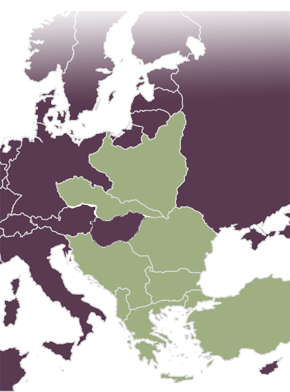The “Feminisms and Politics in the Interwar Balkans (1923-1939)” project [acronym FE.P.I.B.] explores the contacts, relationships and cooperation between the women’s/feminist organizations of the Balkan and Central European countries, and particularly the entanglement of their emancipatory policies with the politics in the region during the interwar period. More precisely, the research focuses on the study of the most representative case of collaboration among Balkan women’s organizations, the Little Entente of Women (LEW) (1923-1939), involving feminist organizations from Greece, Bulgaria, Kingdom of Serbs, Croats and Slovenes /Yugoslavia (since 1929), Romania, and two Central European countries, Czechoslovakia and Poland, with the objectives of hammering out a common agenda and joint strategies for the promotion of women's demands in the respective countries, and creating favorable conditions for the socio-economic, cultural and political cooperation among the states.
FE.P.I.B. project also investigates the participation of feminist and women’s associations of the Balkan countries in the Balkan Conferences (1930-1934) and their activities in this context, as a continuation of the LEW’s activities and, most notably, as a direct involvement in government-planned policies in the Balkans and the wider region. Other forms of cooperation and political interventions developed at the same period are also explored, such as the joint activities of national organizations of university women, women’s peace associations of the region or activities of the congresses of the Union of Slavic Women held during the 1930s. The impact of women’s political activity on the political culture of the time as well as on legislation concerning the sociopolitical status and social life of women form part of the research project.
The research concerns the period delimited by the formation of the first transnational association in the region, namely the formation of LEW in May 1923, and the end of the interwar period (1939).


